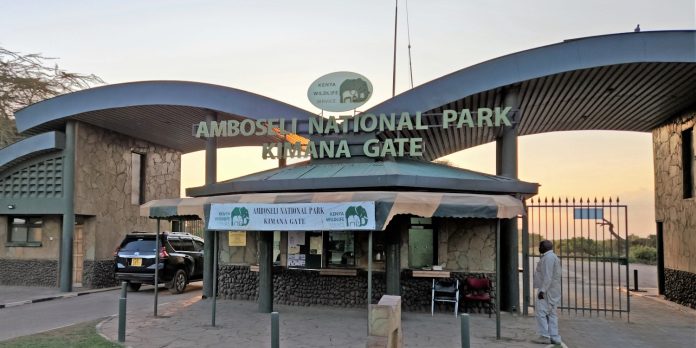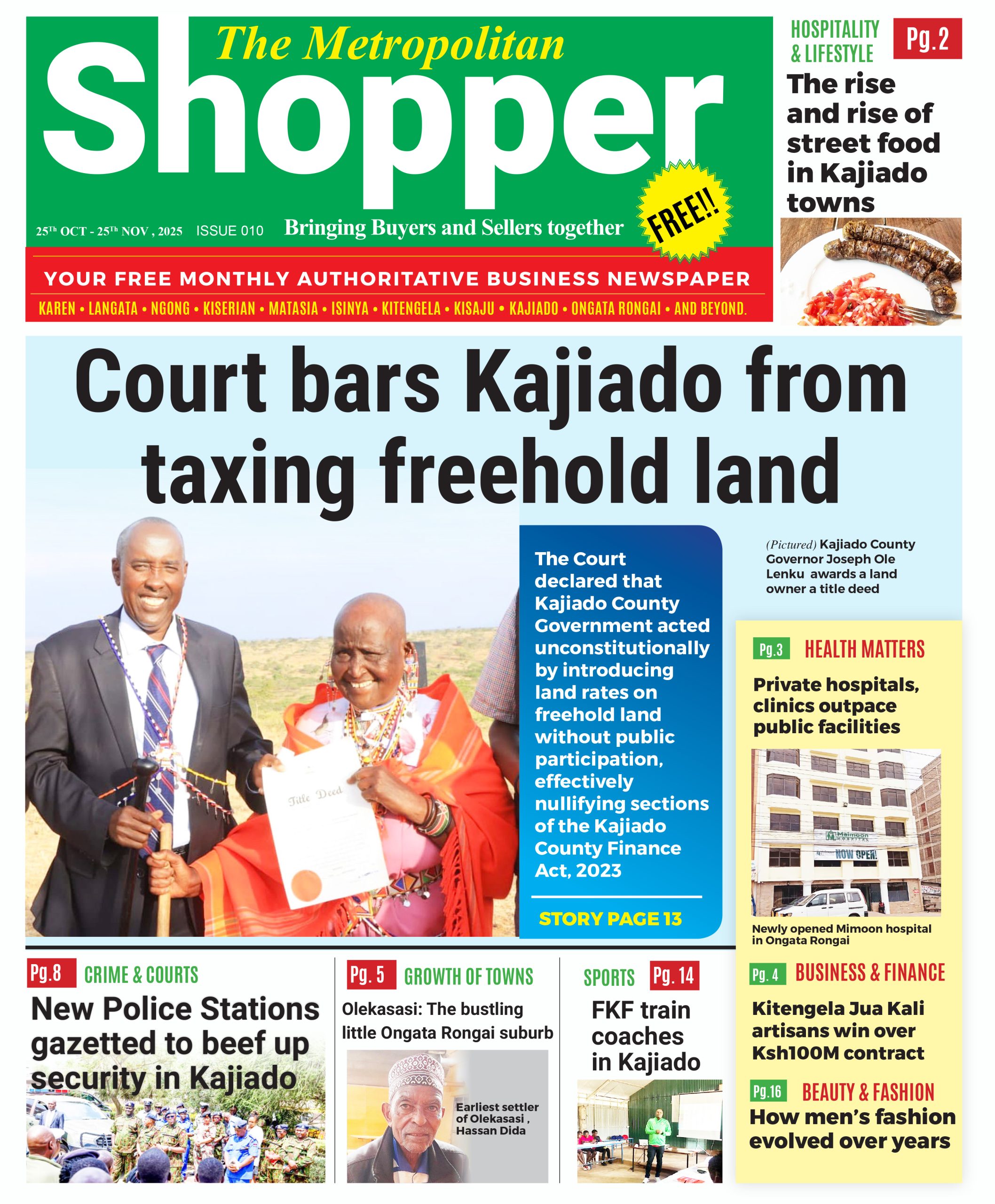Kajiado Governor Joseph ole Lenku has announced transformative plans to reposition Amboseli National Park as Kenya’s first third-generation park, a model that integrates wildlife conservation, environmental sustainability, and community livelihoods.
Speaking during an interview on a local television station, Lenku said the new approach will depart from what he termed the “colonial way of thinking,” where conservation efforts focus solely on wildlife, sidelining the well-being of surrounding communities and the broader ecosystem.
“The current model assumes that taking care of wild animals is the work of KWS and the government. That mindset fuels human-wildlife conflict,” Lenku said
Under the third-generation framework, Amboseli will be managed as a shared resource, with local communities actively participating in conservation and benefiting directly from tourism revenue. Lenku revealed that the Maa community has generously offered over one million acres to expand the park’s ecosystem, allowing more roaming space for wildlife and reducing conflict with pastoralists.
“This model will go a long way in ensuring that instances of human-wildlife conflict are minimal,” Lenku added.
ALSO READ:
Amboseli National Park Officially Transferred to Kajiado County Government
To ensure community inclusion, the county plans to establish beadwork shops at park entry points, enabling local artisans to earn from tourism. During extreme dry spells, community members will also access water points within the park to sustain their livestock, a move Lenku described as “true conservation.”
Additionally, the governor confirmed that a portion of park revenue will be allocated to essential services such as water provision and school infrastructure upgrades in Kajiado, linking wildlife proceeds to tangible development outcomes.
Education campaigns are also underway to encourage residents to take ownership of conservation efforts, shifting public perception from passive observers to active stewards of wildlife.
In a departure from bureaucratic norms, Lenku stated that park management offices will be at the park itself, ensuring responsive governance and reducing the need for extreme enforcement measures by Kenya Wildlife Service.
“Amboseli will set the pace for a new look on the face of conservation,” Lenku said, expressing optimism that the model will inspire reforms across Kenya’s protected areas.
By Masaki Enock




